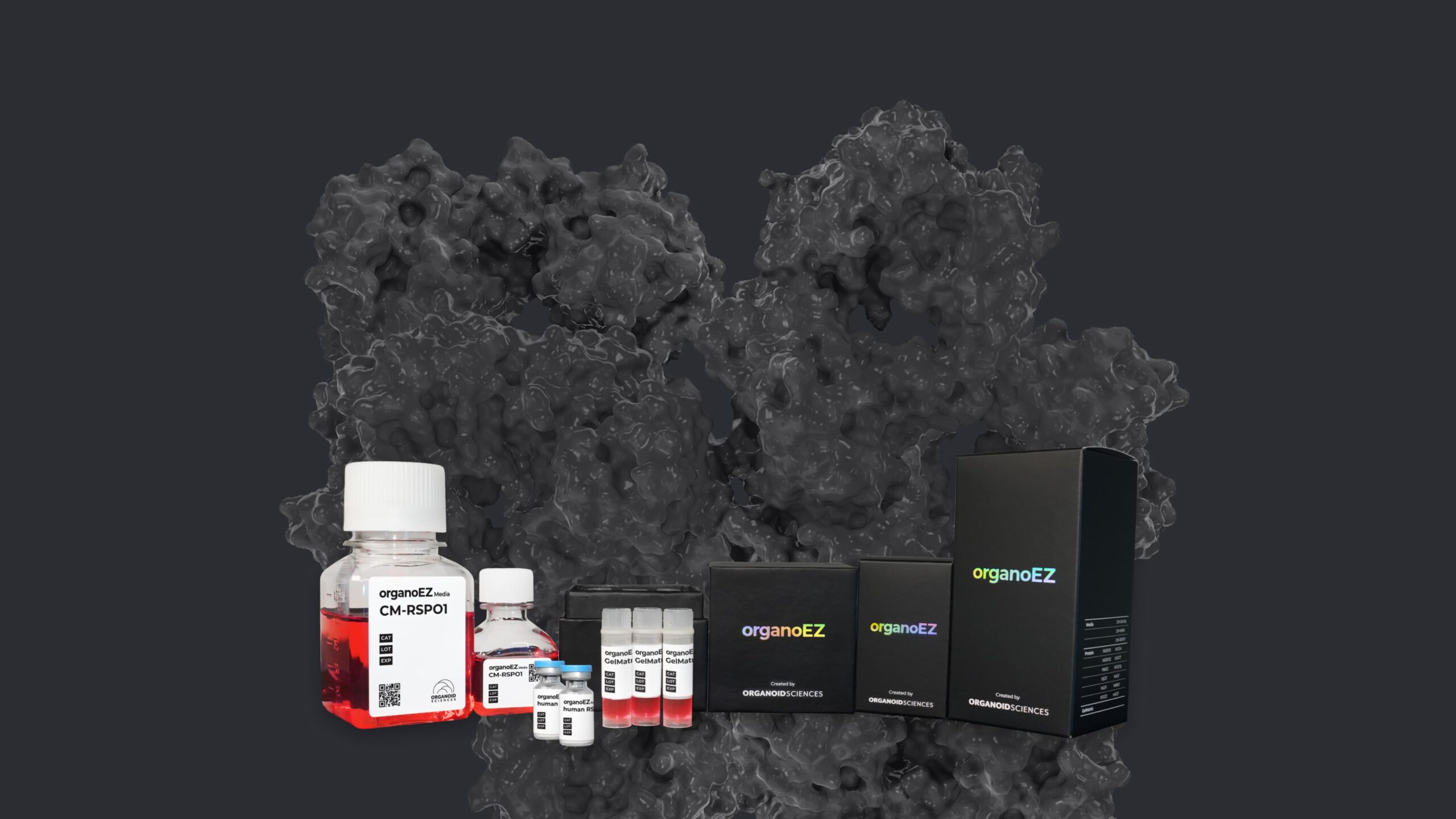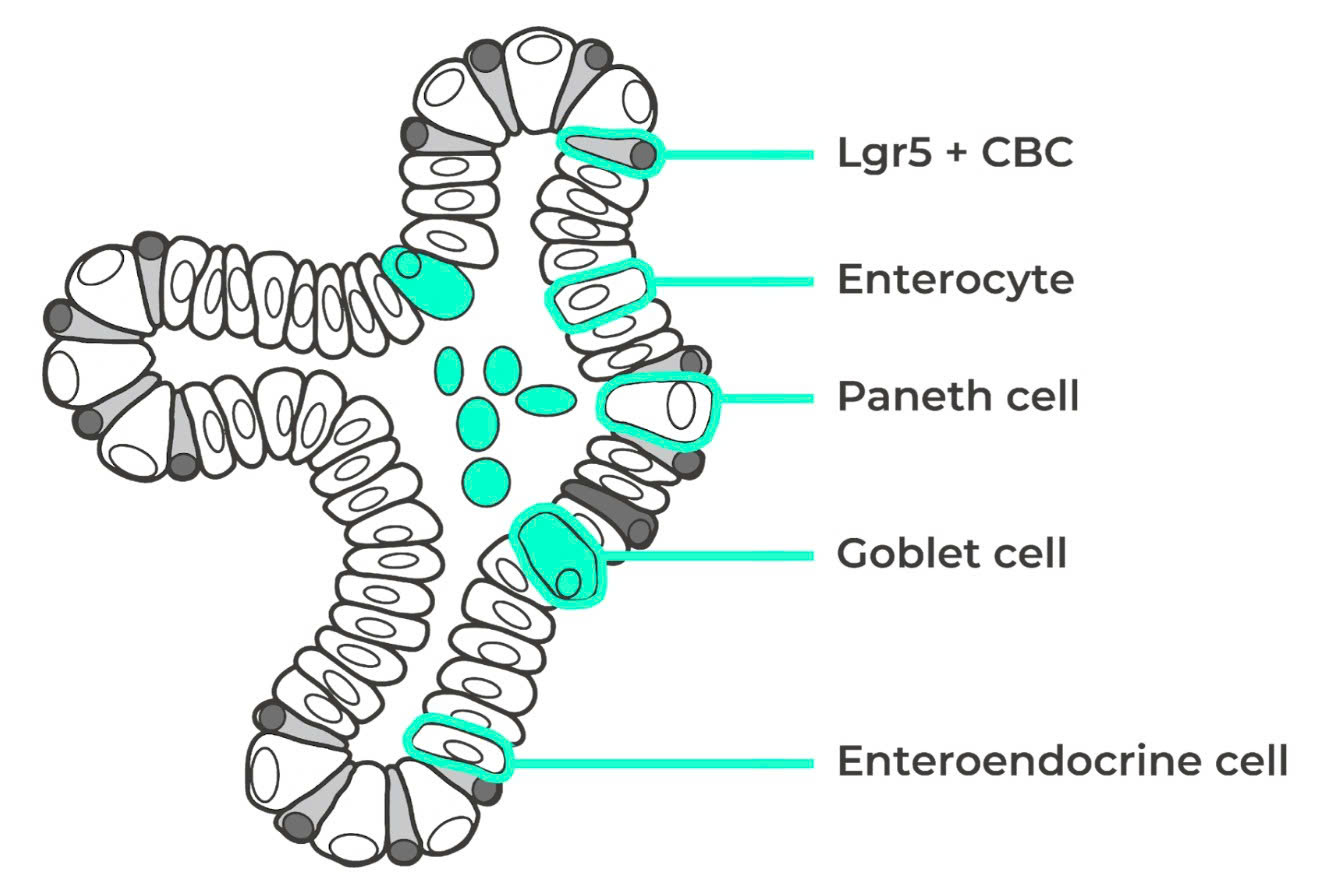In drug discovery, organ-on-a-chip technology has become crucial for preclinical testing due to its realistic simulation of human physiology, real-time monitoring capabilities, and disease modeling. Polydimethylsiloxane (PDMS) is often used to create these chips because of its biocompatibility, flexibility, transparency, and fine feature replication. However, PDMS’s porous nature can lead to unwanted absorption of small molecules, affecting drug response analysis. To address this, the precision drug testing organ chip (PreD chip) was developed. This innovative platform minimizes small molecule absorption while supporting cell culture. It features PDMS microchannels coated with a perfluoropolyether-based lubricant for slipperiness and antifouling, and an ECM-coated semi-porous membrane for robust multicellular cultures. The PreD chip shows excellent antifouling properties, resisting various biological fluids, small molecule drugs, and plasma proteins. It enhances sensitivity in dexamethasone toxicity tests and effectively assesses drug transport across the human blood-brain barrier, highlighting its potential to improve organ chip–based drug testing methodologies.
Keywords: organ-on-chip, precision medicine, preclinical testing





